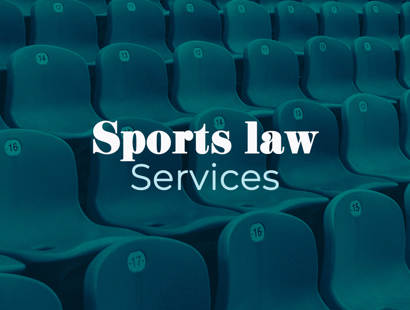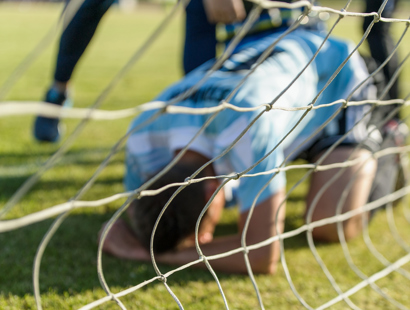
Sports law specialist case study – golf club restructuring and legal advice
Our sports law specialist regularly advise on the restructuring of amateur sports clubs. This case study outlines the comprehensive support we provided to a historic, award-winning golf club on its incorporation and related matters.
Client background – Legal issues facing amateur sports clubs
Protecting the future of an established golf club
The club was over 130 years old, steeped in history and tradition, with a very large membership. However, its legal structure had not been reviewed for some time and the retention of its status as a community amateur sports club (“CASC”) had become unaffordable.
We advised the club on the potential risk to committee members if the club remained an unincorporated association. We also advised the club on how it could deregister as a CASC. We met with the board and discussed the process and timeline for the project, should the club decide to deregister as a CASC and incorporate into a company limited by guarantee. We also provided a comprehensive advice note to be circulated internally.
The club considered the options and concluded that the most effective way of protecting future of the club would be deregister as a CASC and also to incorporate into a company limited by guarantee. We were instructed to assist and supported the club from start to finish over the next year.
Legal process of sports club incorporation
Legal steps for converting a sports club into a non-profit
First, we assisted the club in its initial due diligence exercise. Identifying the assets and liabilities of the club and establishing how easy or difficult it may be to transfer these to a newly formed not-for-profit company is a key part of the process in any incorporation. There were some points to note, particularly where various third party consents would be required to transfer assets, but nothing that would put the incorporation at stake.
Pursuant to the club’s constitution, the consent of the members was required in order for the incorporation to take place. We advised on the process to be followed, including by drafting the resolutions and providing strategic advice on how to most effectively communicate the nature and meaning of the proposed changes to the members.
We then drafted articles of association for the new, not-for-profit company and also advised on the drafting of the rules of the club, which would sit alongside the articles of association. Our instructions were to keep the governance of the company as close to that of the existing unincorporated club as possible. This was a key factor in obtaining the consent of the members are required detailed consideration and drafting work to ensure the requirement was met, but also to ensure the requirements of company law were met.
After the formation of the new company and the deregistration of the unincorporated club as a CASC, we assisted the club in transferring the assets and liabilities of the club to the new company. We advised on the terms of the transfer agreement and, importantly, on the level of protection that would be afforded to committee members in the event of any historic claims.
We provided additional assistance in relation to the transfer of particular assets and aspects of the club’s business – for example, the club’s lease, its employees, its memberships and certain contracts.
Retaining the unincorporated club – key legal considerations
Finally, we advised on the possibility of retaining the unincorporated club as a “shell” for either a limited period or a longer period, along with the pros and cons associated with doing so. On this occasion, the club decided to close the unincorporated club and it now operates solely through the not-for-profit company.
Throughout the process, we liaised with the club’s tax advisors as required, to ensure the protection of the club’s financial position as it went through the restructuring process. We recommended appropriate tax advisors to the club at the outset.
Member loans and sports club financial regulations
Alongside the incorporation process, we also advised the club on the creation of a new scheme via which members could loan funds to the club on agreed terms and how this interacted with the governance of the club and the membership rights of the lenders. We additionally advised on the creation of a life membership category and how this would be structured, in particular in relation to the passing on of such rights on the death of a life member.
Key takeaways – legal considerations for sports club restructuring
The club carefully considered whether to incorporate and then prudently planned the actions and timeline for the incorporation at the outset, with our assistance. Incorporation can be a complex process and having a clear plan in place is essential to an orderly, efficient restructuring.
The club was also organised, clear and deliberate in its communications with members. Having the membership onside is generally very important for amateur sports clubs and muddled communications can make things difficult. We are always pleased to advise on how a club can effectively engage with its members.
Why choose Russell-Cooke – expert sports law specialists
We are experts in advising amateur sports clubs of all shapes and sizes in relation to their restructuring. We’ve advised charities, not-for-profits and community amateur sports clubs with various legal and governance structures over many years. We’ve advised golf, rugby, hockey, rowing, tennis, football, bowls and multi-sports clubs. We bring a wealth of experience which can help your club navigate a complex process efficiently with specialist support.
Get in touch
If you would like to speak with a member of the team you can contact our sports law solicitors by telephone on +44 (0)20 3826 7526 or complete our enquiry form below.





